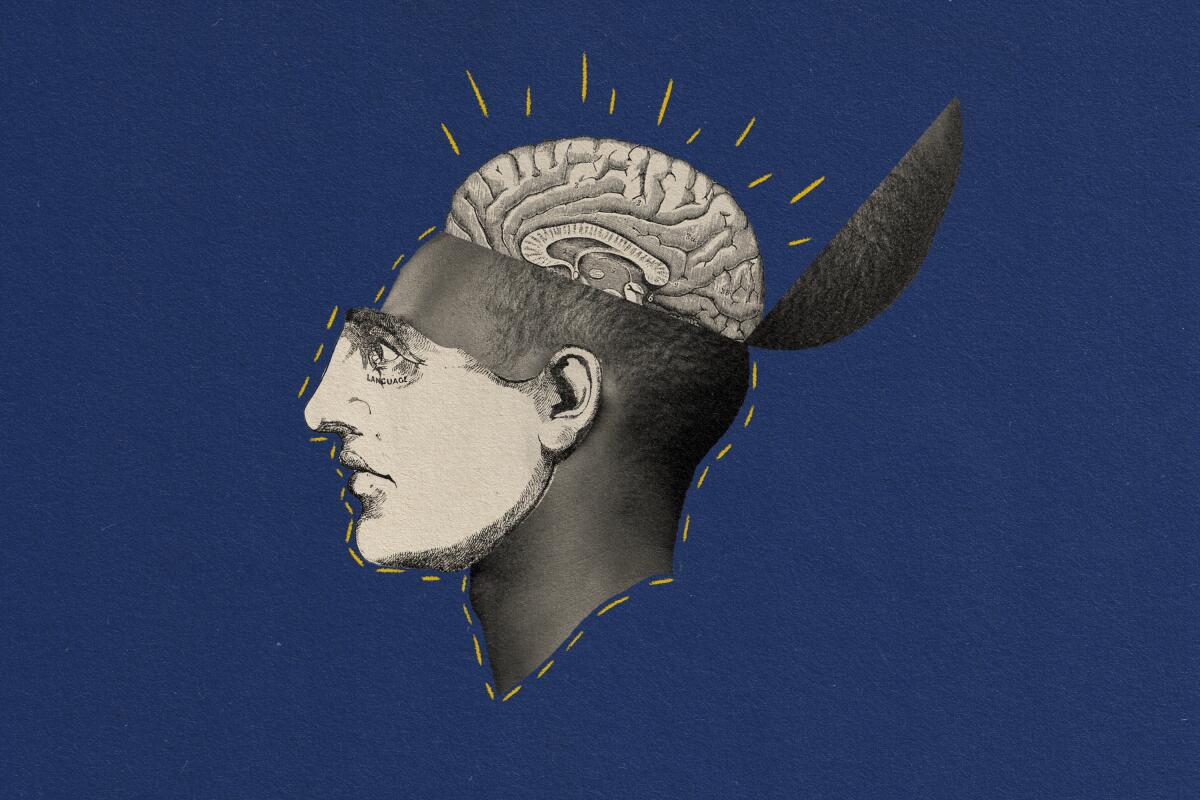Letters to the Editor: Death is inevitable. How can therapy help us deal with that?

- Share via
To the editor: The kind of existential perspective that psychotherapist Seth Gillihan discusses in his op-ed article provides a foundation for recognizing some of the uncomfortable truths about life and death that need to be addressed in the process of growing old.
Life is not without pain, and our progression toward death is a natural component of the life cycle. The existential questions of meaning, purpose, spirituality and loss of presence in the world become central in the minds of the aging.
Interestingly, perspectives on aging and death appear to be coming full circle. More than a half century ago, studies about the importance of developing an experiential perspective on death, one that was highly personalized and reflected the importance of deriving meaning from life, abundantly materialized.
Unfortunately, this kind of existential psychological perspective fell out of favor among many mental health practitioners with solutions-focused approaches to death.
Though existential principles could be used to derive meaning from life, they stopped being applied to the progression of aging and the unanswerable problem of death. Death became an issue to be avoided, leaving elderly individuals to struggle with existential angst.
Richard George Boudreau, Marina del Rey
The writer is an attorney, surgeon and bioethicist who teaches at UCLA.
..
To the editor: Gillihan describes the limitations of cognitive behavioral therapy when it comes to life events that are truly catastrophic and whose pain cannot be reduced by thinking differently.
While he discusses a newer therapeutic model (mindful cognitive behavioral therapy) and spiritual traditions that encourage us to accept life in its totality, he omits the fact that other psychological schools have long ago covered this ground.
Viktor Frankl and contemporary existential therapists argue that we need “the courage to suffer” and “love of fate,” not rational cognitions, to find meaning in a chaotic world.
Benjamin Wegner, Los Angeles
..
To the editor: This is tongue in cheek, right? Because for more than two years, The Times has published pieces advocating worst-case scenario COVID-19 policies.
Closing businesses ruined lives. Firing unvaccinated employees was egregiously unethical. Closing schools was criminal. Kids were more at risk from violence than COVID-19. Schools were a safer place to be.
COVID catastrophizing made the correct observation that the problem was terrible. Where it erred was the logical fallacy that anything done in the name of combating a terrible problem was a virtue — in other words, “we have to do something!”
Indeed, there are an infinite number of ways to make a bad problem worse, and you can read all about them in this paper.
Worst-case scenario mentality leads to an inability to assess risk in a stratified manner, ignorance of trade-offs and disruptive broad-brush interventions that lead to neutral or negative outcomes.
Christopher Romberg, El Dorado Hills, Calif.






